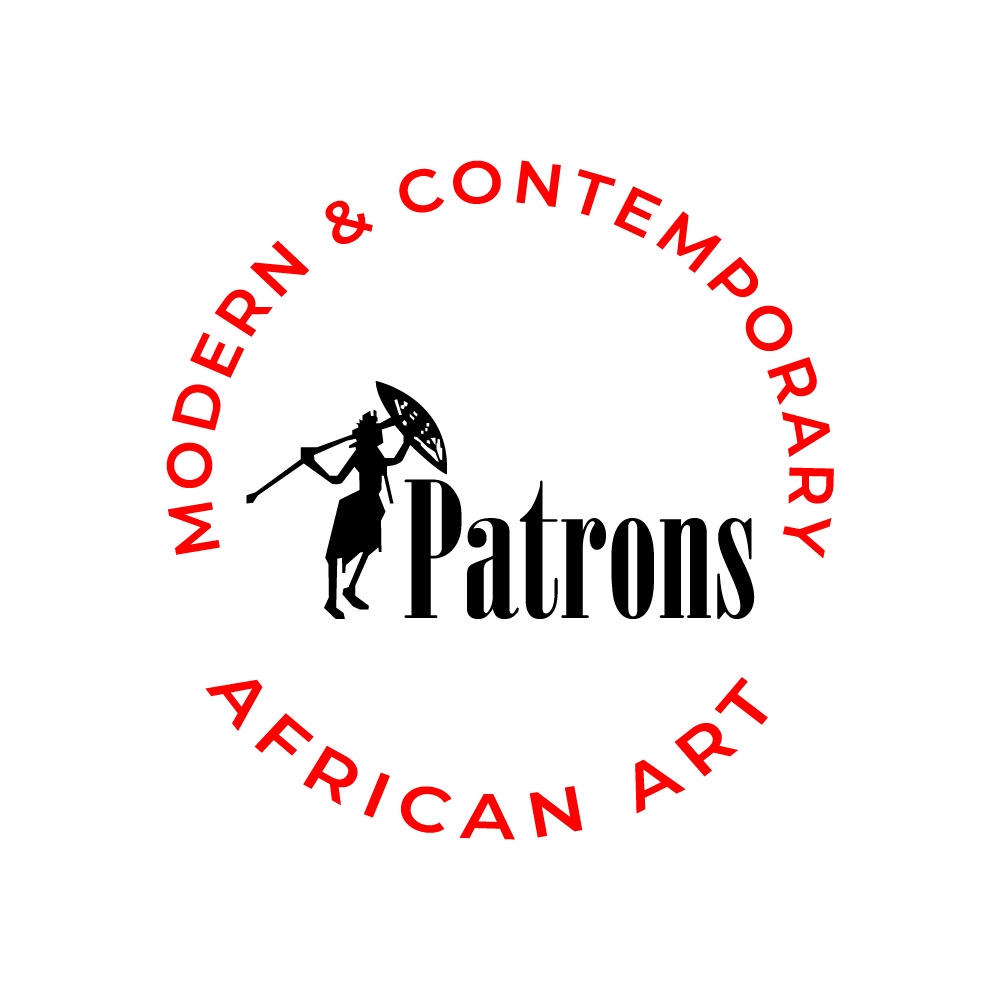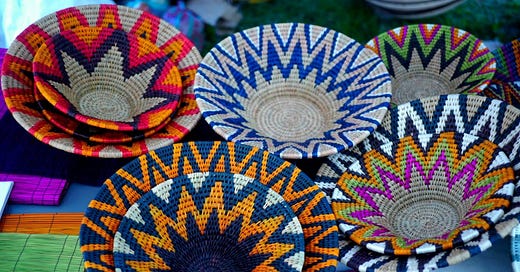The Untold Stories Behind Africa’s Iconic Art Festivals
Preserving Africa’s Culture & Heritage

Africa is a land rich in culture, diversity, and expression. Its art festivals—spread across various countries and regions—serve as a vibrant showcase of the continent’s artistic heritage.
However, behind these festivals lie unpopular stories—tales of visionaries, struggles, and triumphs that have shaped Africa's artistic identity on the global stage. African art festivals have not only become a means to preserve traditional culture, but they have emerged as platforms for contemporary African artists to share their unique perspectives with the world.
Why have these festivals become so significant?
In recent years, African art has seen a meteoric rise in global recognition. No longer confined to local audience consumption, it has become a central part of international art conversations. Iconic art festivals across Africa, from Dakar to Lagos, to Cape Town, have played a key role in this transformation.
In this digest, we will uncover the untold stories behind these festivals and the cultural essence of African art festivals.
The Untold Stories and Cultural Essence of African Art Festivals
African art festivals are more than just events—they are guardians of culture. Through a wide array of visual arts, dance, music, and traditional performances, these festivals help to safeguard and promote Africa’s diverse cultural heritage. They provide a space where age-old traditions meet contemporary expressions, ensuring that the richness of Africa’s history is not lost amid modern influences.
1. A Legacy of Tradition and Modernity
African art festivals blend traditional African art forms with contemporary expressions. Festivals such as the Dakar Biennale in Senegal represent much more than just a gathering of artists. Since its inception in 1990, Dak'Art has become a premier platform for African artists to showcase their contemporary works on an international stage. This serves as living testaments to Africa's cultural renaissance, embracing both heritage and innovation.

2. Social Impact on Local Communities
Looking in, these festivals may appear as grand spectacles. Their impact on local communities is quite profound. In cities like Lagos, where the Lagos Photo Festival has gained international recognition, art becomes more than an exhibition; it becomes a community project. Local photographers are often invited to capture the essence of their neighbourhoods, addressing issues such as urbanisation, environmental degradation, and social justice. These art festivals become powerful tools for community empowerment, offering people the opportunity to tell their stories through art.
3. A Platform for Emerging Artists
Perhaps one of the most important yet overlooked aspects of African art festivals is their role in giving emerging artists a platform. Festivals such as the Chale Wote Street Art Festival in Accra, Ghana, are renowned for their focus on street art, performance, and installations. This festival, which takes over the bustling streets of Jamestown, provides a unique opportunity for young and lesser-known artists to showcase their talents to a global audience. Enthusiasts and seasoned patrons of African art travel far and wide to attend this festival.
4. Preservation of Indigenous Art Forms
Africa is home to a myriad of indigenous cultures, each with its unique artistic expressions. Festivals play a crucial role in the preservation of these art forms, which might otherwise fade into obscurity. Events like the Harare International Festival of the Arts (HIFA) in Zimbabwe bring together musicians, dancers, and visual artists to celebrate indigenous traditions alongside modern interpretations.
5. Fostering Pan-African Connections
African art festivals are also instrumental in strengthening Pan-African connections. For instance, the Félabration Festival in Nigeria, held in honour of the late Afrobeat legend Fela Kuti, attracts artists, musicians, and cultural enthusiasts from all over Africa and the world. Beyond the performances, the festival fosters discussions on African unity, culture, and politics—topics that resonate deeply across the continent.
African art festivals are more than just colourful spectacles; they are living embodiments of Africa’s diverse cultural heritage. They provide platforms for emerging artists, preserve indigenous traditions, and foster Pan-African connections, all while creating economic opportunities for local communities. The untold stories behind these festivals reveal a continent that, despite its challenges, remains a cultural powerhouse with a unique artistic voice.
For those who seek to understand Africa’s true artistic potential, there is no better place to start than at one of these iconic festivals—where tradition meets modernity and where the future of African art is being shaped.
•
•
•
What African art festival excites you the most? Let us know what you think in the comment section.






Thank you for this information. This is one of the most informative things I’ve read recently.